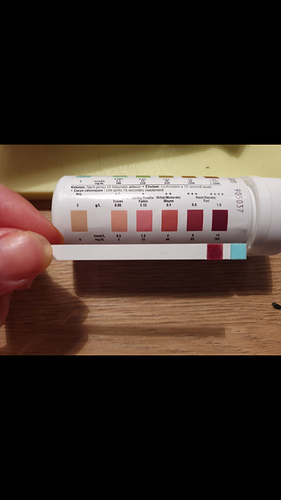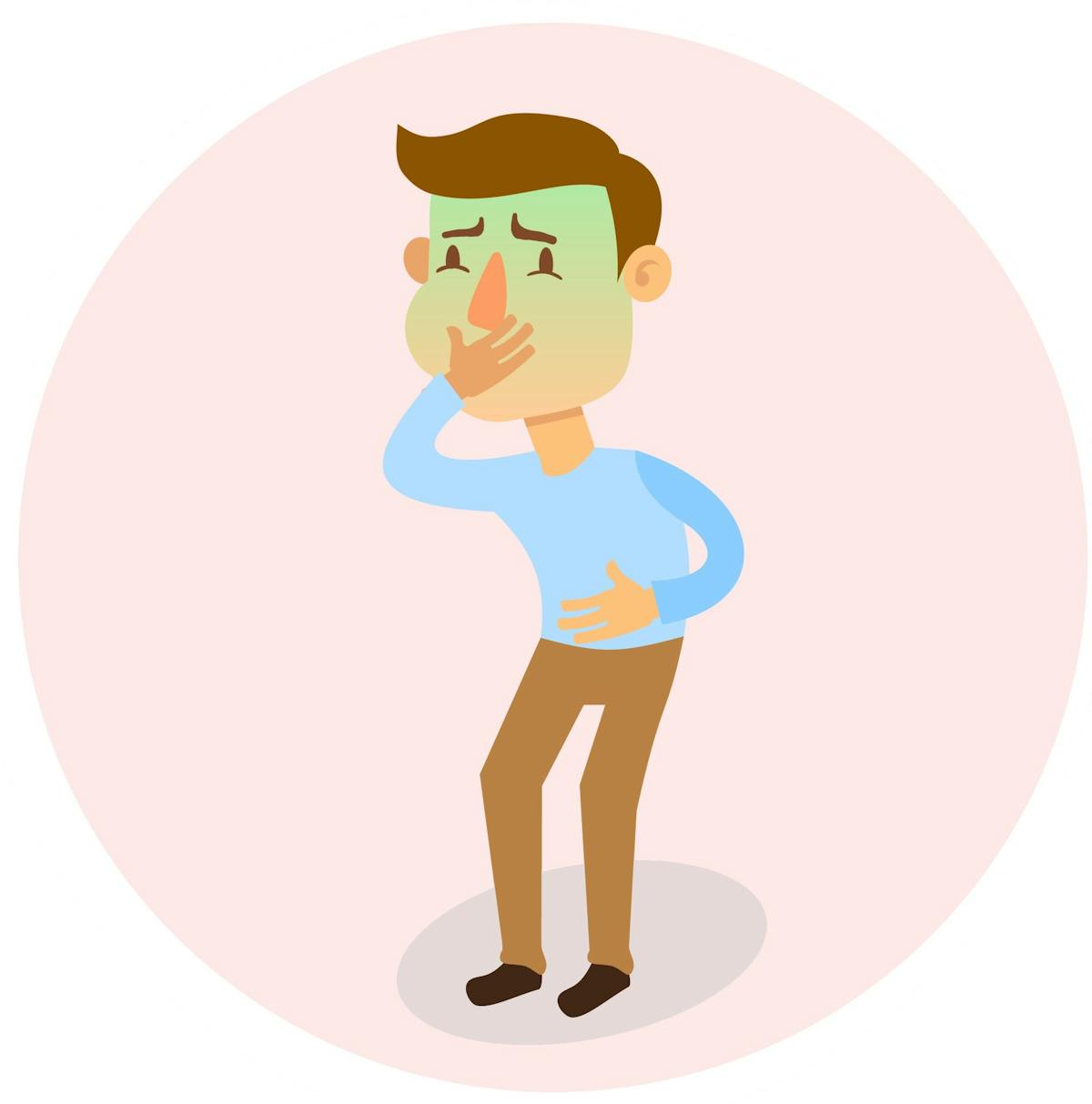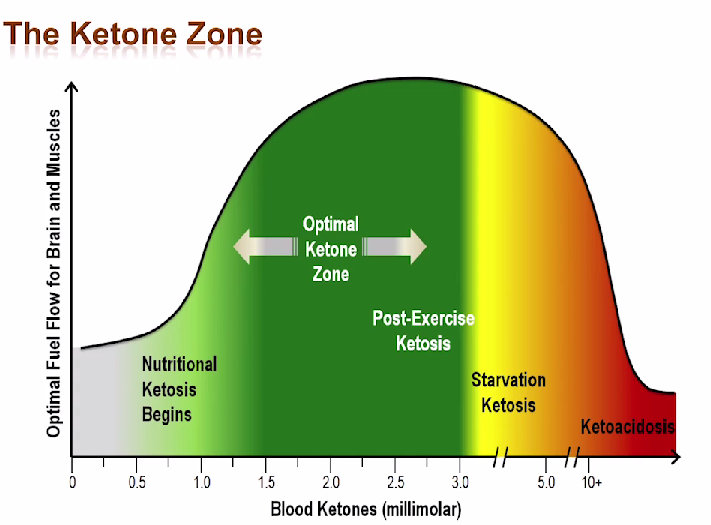Hi everyone. I have been using the keto diet to control my Poly Myalgia Rheumatica along with Prednisone and Methotrexate. I have had some good results and not so good, typical ups and downs of PMR. I’m a fan and even try Carnivore, when I feel good I feel better than ever before.
My confusion comes with my daughter. She is over weight, 120kg and was planning a stomach reduction operation. I managed to talk her out of it and proposed that she try keto and do some exercises. She was planning to start on the Monday, so on Sunday before she started we measured her ketones. To my surprise she had a low ketone count 0,5 mmol/L. On Monday she started keto and a 10 minute morning workout and was doing well, lost 4kg in the first 7 days and was enjoying it, fully motivated. On day 8 she bought her own test strips and found she had high ketones 4-8 mmol/L
and zero glucose. Day 10 showed her ketones to be too high 16 mmol/L and still zero glucose. Sho sent me a picture of her test strip and I started to question what was going on, so did she. The first thing that popped up is Ketoacidosis!!! Panic kicks in!!! After much reading I suggest she tries to break her state of ketosis and hope the ketones come down, they are down slightly 4mmol/L after eating pasta last night. She was told she is not diabetic by her doctor and is not using insulin.Any recommendations or advice, maybe a keto friendly doctor out there??? They are very rare. My doctor doesn’t even know what it is.
Thank you



